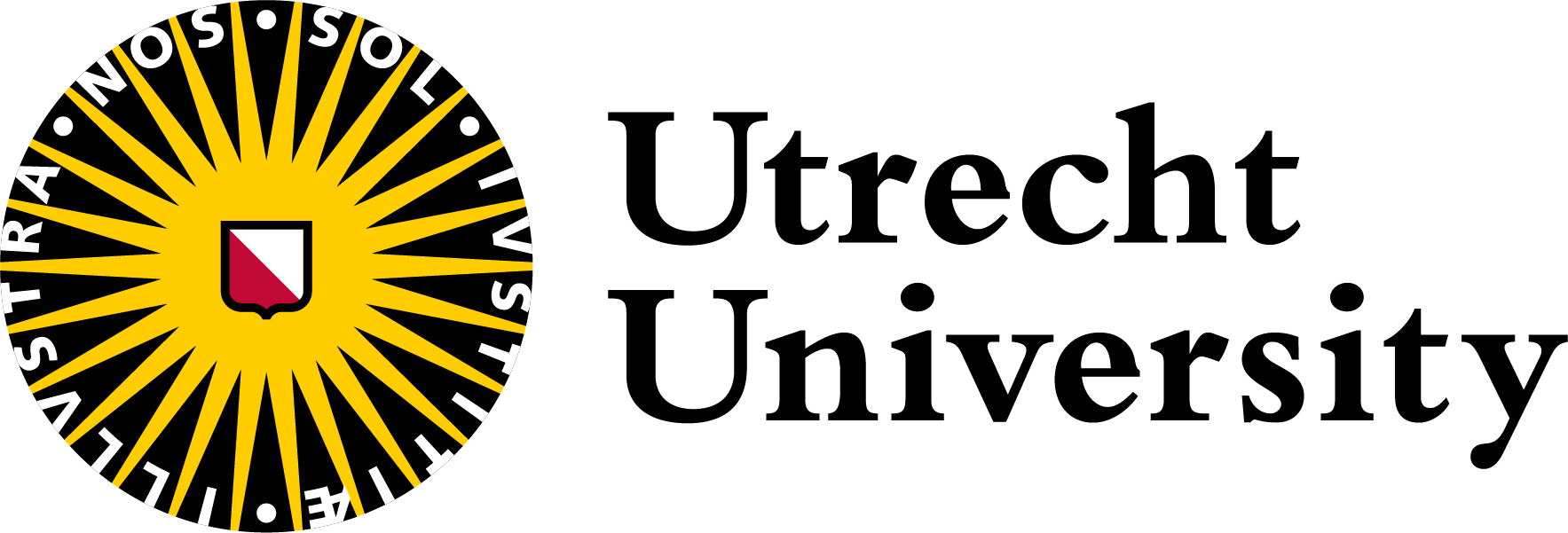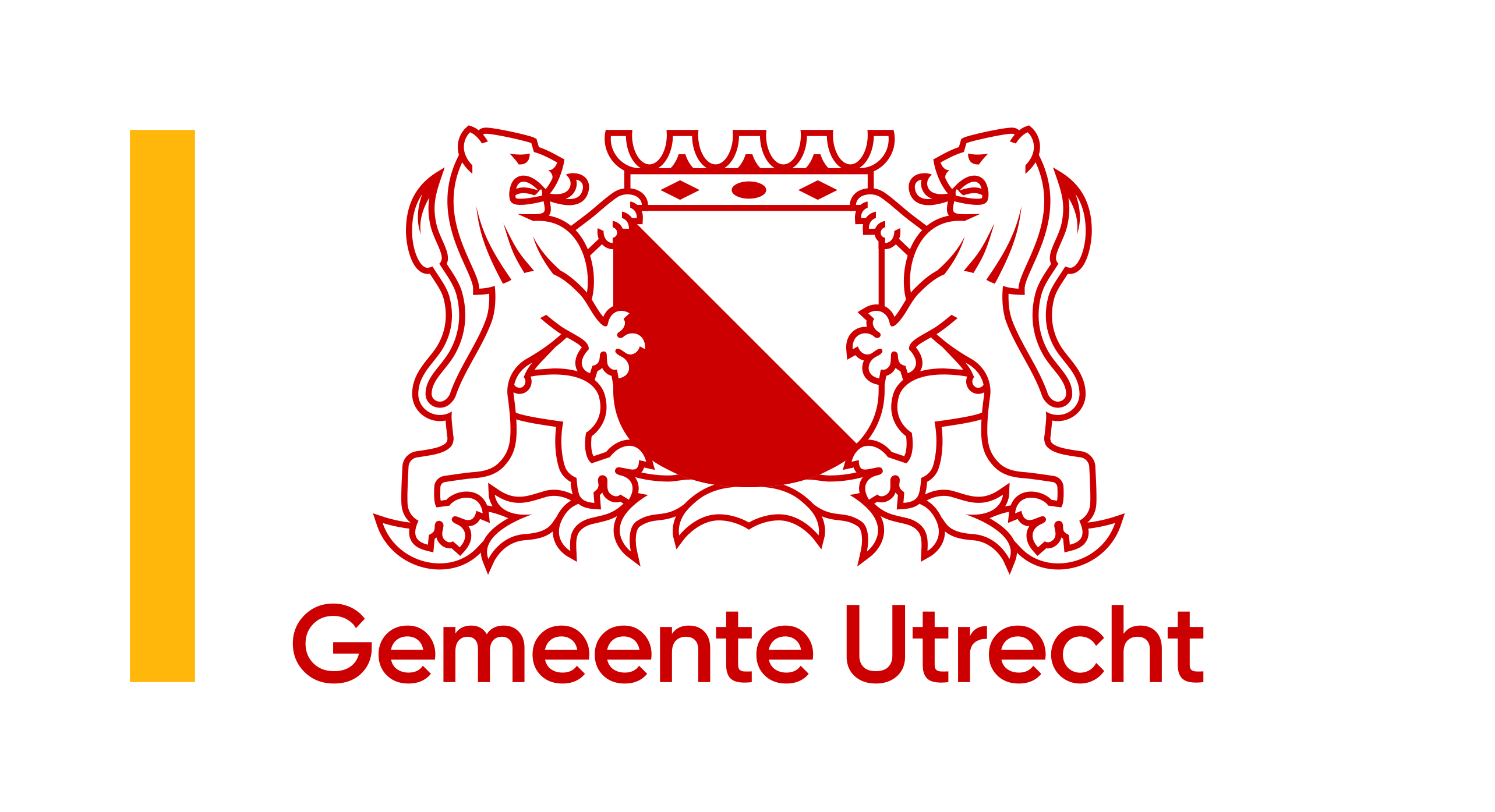New Utrecht cancer research with mini-organs
Researchers at the UMC Utrecht are starting three innovative cancer studies with organoids. These are a kind of "mini-organs," which can make an important contribution to the personalization of cancer treatments. Their research has been made possible by grants from the Dutch Cancer Society totaling nearly 1.6 million euros.
Organoids are grown in a laboratory. They can mimic all kinds of organs, but also tumors. These 3D miniature organs have caused a revolution in cancer research, because previously researchers could only work with 2D models of cancer cells. Tumor organoids preserve the unique characteristics of a patient's tumor. They are therefore well suited to test treatments on as patient replacements and to develop new treatments.
Three cancer researchers have now received a KWF grant to carry out their projects with organoids. Jeanine Roodhart wants to use the mini-organs to improve the treatment of anus cancer. Martijn Gloerich is going to investigate what metamorphoses colon cancer cells undergo when they metastasize. And Boudewijn Burgering is diving into a new technique to prevent resistance to cancer drugs. Read more about their projects below.
Improving treatment of anus cancer
Every year, about 300 people in the Netherlands are diagnosed with anus cancer. Treatment consists of a combination of radiation and chemotherapy. This is an intensive procedure and many patients suffer from side effects. In one in five patients, this treatment is not sufficient and surgery is still necessary.
Medical oncologist and associate professor Jeanine Roodhart wants to make the combination treatment for anus cancer as appropriate as possible for each patient. That means that the therapy should be powerful enough for the disease to survive, preferably without surgery. At the same time, patients should not be given unnecessarily high doses so that side effects can be avoided. She also wants to search for new treatments for patients for whom current treatment is still inadequate. From KWF she will receive almost 690,000 euros to realize this.
Jeanine will develop organoids for 62 patients that closely resemble their anus tumors. "It is important that each organoid actually resembles the anus tumor on which it is based," she explains. "By comparing, before and after treatment, the cells and DNA of the tumor and the organoid, we can see if the treatment has the same effect on the organoid as on the tumor."
If the organoid model works well, it can be used to test the treatment beforehand and develop new treatments on it. In the future, Jeanine wants to be able to make an organoid for every patient, so that everyone with anus cancer can receive appropriate treatment. Says Jeanine, "This way, we increase the likelihood that new treatments will actually be effective in the clinic and work toward tailored treatment for each patient."
Disguised colon cancer cells
Colorectal cancer is one of the most common cancers: 12,000 people are diagnosed with colorectal cancer each year in the Netherlands. There are no good treatments for metastatic colorectal cancer, which makes the chance of survival small. Cell biologist and associate professor Martijn Gloerich wants to better understand exactly how colon cancer cells metastasize. "With this new knowledge, colon cancer treatments can be made more effective in the future," he says.
Intestinal tumors grow primarily by so-called "cancer stem cells. Martijn: "We already know that these cancer stem cells also play a role in colon cancer metastasis. But the cells that detach from the colon tumor to metastasize are not cancer stem cells. They are cancer cells that change shape: they behave like very young colon cells that we normally only encounter before birth, during colon development. Once the cancer cells have found a place to spread, and often that is the liver, they change their shape again. Then they become cancer stem cells that continue to grow the metastasis. From that, the patient can eventually die."
With a KWF grant of nearly 665,000 euros, Martijn wants to find out how these metamorphoses take place and which parts of the cancer cells are involved. To do this, he uses organoids that resemble intestinal tumors. Martijn: "By using organoids, we can mimic the interaction between cancer cells and their environment very specifically, which is important for understanding how this affects the behavior of cancer cells."
Previous research by Martijn's research group already showed that the communication between (cancer) cells and their environment plays an important role here. Martijn is now looking for ways to be able to disrupt these processes at the cellular level: "This way we can stop, or even prevent, metastases of colon cancer."
Resistance of cancer cells
In a tumor, the cancer cells are not all the same. They are often different types of cells that all have different abnormalities. This is usually the reason a drug does not work, or the tumor becomes resistant to the drug. Resistance occurs when the drug works at first, but at some point it stops working.
Exactly how cancer cells become resistant to drugs is currently unclear. Boudewijn Burgering, professor of signal transduction and molecular cancer researcher, wants to find out. From KWF, he will receive over €245,000 for this purpose.
With his research group, Boudewijn uses a new technique: single cell proteomics. This allows him to see which proteins are contained in each individual cancer cell and how these proteins differ between cancer cells within one tumor. With this new method, Boudewijn aims to detect the proteins that cause resistance to cancer drugs.
"Knowing which proteins we need to target to make a drug do work could make a big difference in cancer treatment," Boudewijn explains. "For this we use organoids that resemble a tumor. We are also going to film the growth of these organoids. In cancer, something often goes wrong with the distribution of DNA among daughter cells during cell division. What we don't know is what effect this has on the proteins in the cell. By monitoring the organoids, we can get a good look at how cancer cells divide, and which proteins are and are not passed on during cell division in the tumor. That knowledge, too, will enhance our understanding of resistance to cancer drugs."

Source: UMC Utrecht








